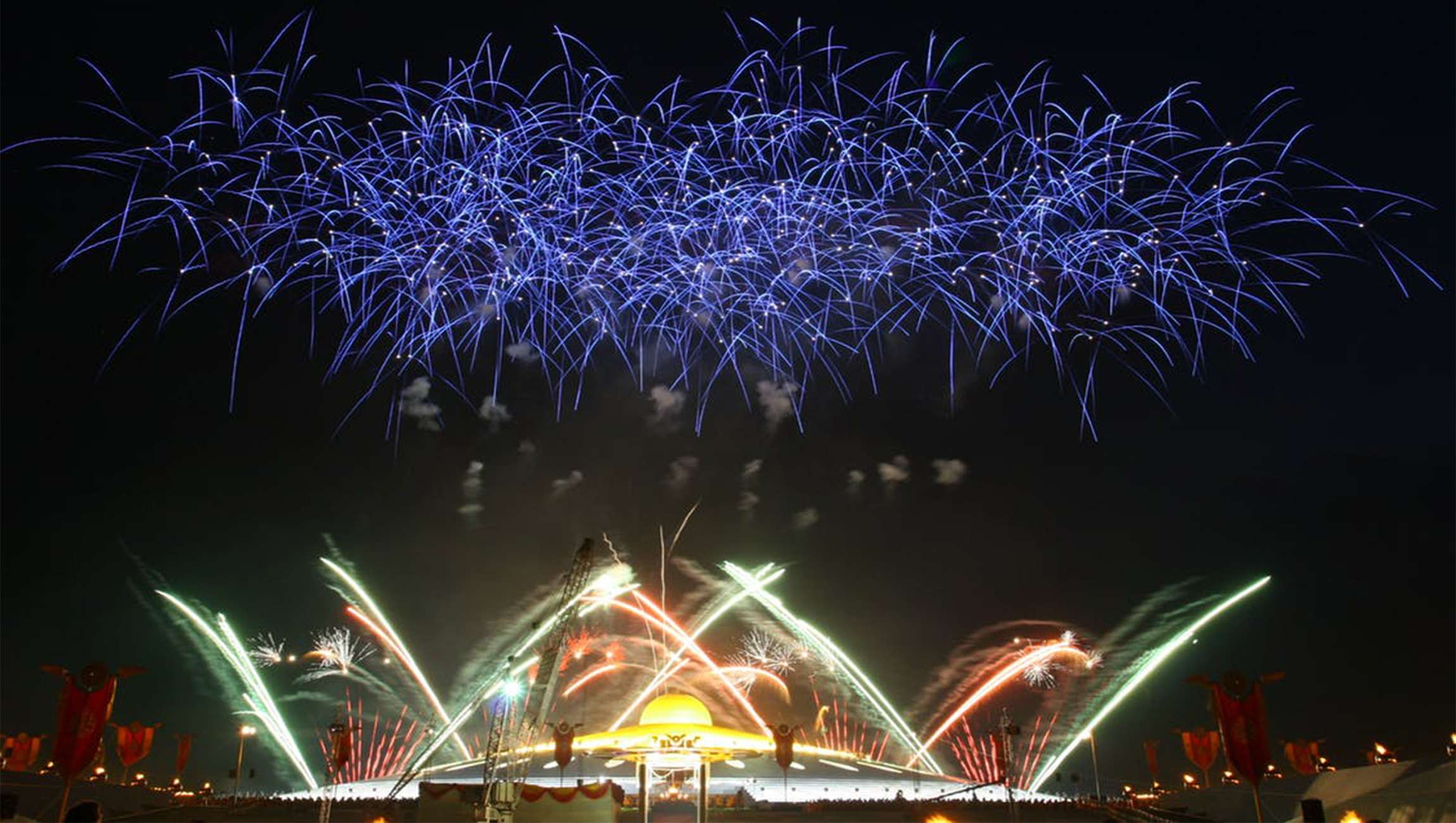In-person events are the perfect opportunity to maximize your brand’s engagement with key audiences. The opportunity is so great that marketers are willing to spend up to $26.1 billion a year on in-person events. But, despite the massive amounts of time and effort invested, many organizations struggle to keep pace with the challenges that events can present to their marketing organizations, such as collecting and drawing conclusions from massive amounts of data or difficulty in quantifying ROI.
The considerable investment in events often puts marketers on the hook to quickly show event-driven results, such as contribution to pipeline, deal acceleration and revenue creation. Without consideration for defining success metrics early and taking the right steps to collect and measure engagement, it can be challenging to show tangibly how much of an impact events can have across the business. Even with these struggles, marketers continue to increase their investment in events because they are the single best place to have high impact engagement with customers and prospects, and do in fact play a significant role in driving revenue growth.
Perfecting this balance requires extracting the right data, driving personalized marketing from data-driven insights and ultimately building the framework to demonstrate returns. Here’s some guidance on how to get on the path of making the most of events:
Use data to make real-time decisions
As you capture deeper and richer insights about your customers and prospects and how they engage with you pre-, during and post- event, it’s critical to use that information for real-time decision making to drive better results. For example, imagine a VIP who has registered to participate in sessions that are associated with an upsell and cross-sell track. Based on his or her interests, you can then trigger an email that recommends other similar sessions that advance the buying journey—a way to double up on the opportunities to connect at the right time and right place to capture more sales.
Marketing Technology News: Mono Solutions Joins Bauer Media Group to Strengthen SME Marketing Services Across the Globe
Personalization always pays off
Capturing more than just contact and registration information from your event attendees is an easy way to start to build a profile of engagement and buying intent. Dig deeper than the surface; capture session attendance and product specific booth demos. Ask questions and polls from every engagement to find patterns. By knowing how they’ve engaged throughout the entire event experience, you are able to offer a more personalized approach to your marketing strategy.
Work smarter, not harder
While most events can feel like a heavy lift for multiple teams – from sales to product and of course, marketing – don’t be afraid to look for opportunities to automate processes that go into building a successful event. Event automation platforms offer easy and simplified templates, and help you replicate pre-existing campaigns with little configuration. If you know you’re heading out on the road for a multi-city event, don’t make extra work for yourself by starting from scratch. Once you’ve realized these efficiency gains, you’ll be able to re-allocate your resources to higher value activities.
Marketing Technology News: Paysafe Announces YouTube Partnership
It’s not over ‘til it’s over
Every event you plan should focus on the bigger picture and tying the efforts and results back to larger business objectives and goals. Collecting registration details alone won’t get you there. Marketers also need to measure engagement and conversion pre-, during and post-event. Paying attention to how you engage with attendees during the event and after the event is particularly important and where campaigns often lose steam. ROI is king and queen and there are significant nurture opportunities both during and after events. By closely monitoring conversions and pipeline advancement across each event function, you’ll not only see a better return on investment but also set yourself up for future success.
Make technology a core part of your marketing team
An event strategy – even a great one – is not enough without a team and technology that can amplify it. The only way to launch B2B event campaigns at scale, collect and manage data for attendee personalization in real-time, and prove ROI, is by utilizing technology that will make your job easier. Automation in particular has helped marketers move away from outdated and highly manual processes to create scalable, global events like never before.
The days of “event season” are over so there’s no better time that the present to reassess your event strategy. Be self-critical about ways that you can improve how you engage with your customers and prospects, and ultimately how you can drive better ROI for your business. Marketers are being held accountable to drive business growth like never before – capitalize on the opportunity by being strategic in your approach.
Marketing Technology News: Gartner Survey Shows Inside Sales Organizations Risk Losing 24% of Employees This Year











